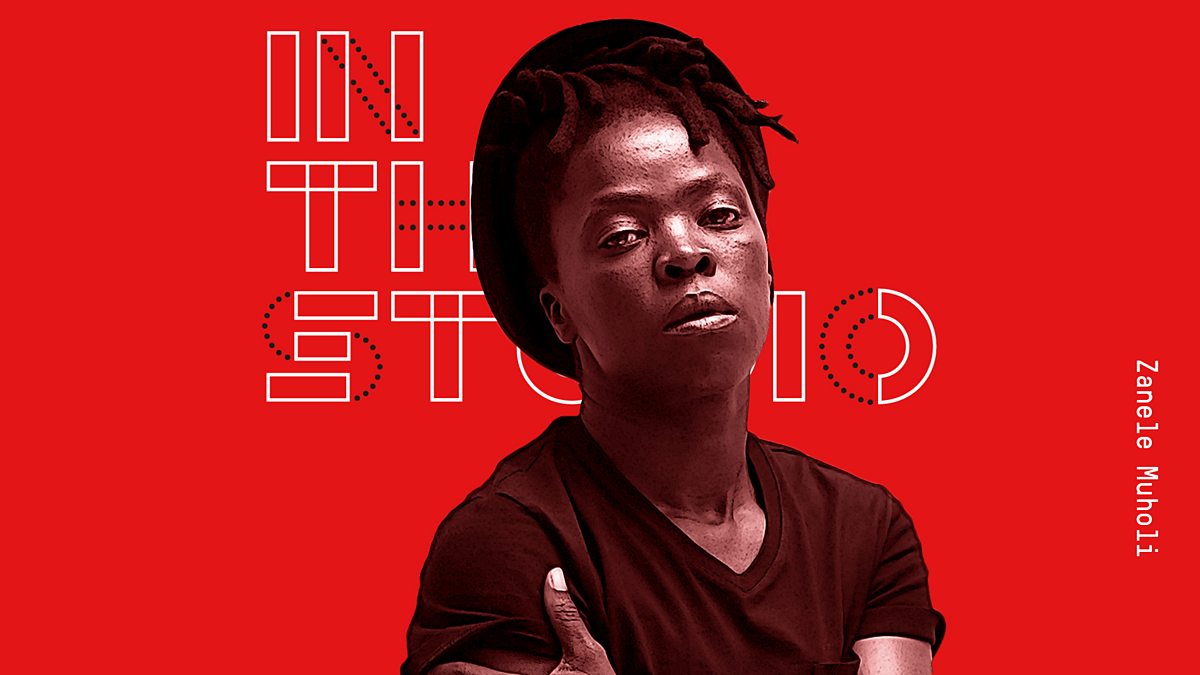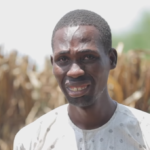Zanele Muholi is a photographer and their work exceptionally stands out from the crowd. The non-binary photographer chronicles South Africa’s queer landscape, a community that is a target from unwarranted crime and violence, marked by exclusion and persecution.
With such violence and hate crime following the LGBTQ+ community, their work simply proves that existing is political.
Their central project, Faces and Phases, is an ongoing series that offers a look into the lives and personal histories of lesbians, gender non-conforming people and trans men who have been marginalised by injustice and oppression. Their project, an activism-art masterpiece, depicts both the struggles and resilience of the community, empowering the LGBTQ+ family itself from within.
“Activism is part of my life. We have gone through so much as human beings, that it has forced so many of us to become activists – those who have survived racism, who have survived hate crimes, who have survived displacement of many kinds. It is ongoing and one cannot take a break or relax or just be. One cannot just ignore one’s responsibilities.”
But they never knew the project would gain this much attention or momentum.
“I did it out of necessity because it was needed – we didn’t have something like it. I started small with maybe 20 photos and just kept going. And it will continue as long as there are people who agree to participate.”
In life, Zanele Muholi says their work is resonant with the phases of life; it’s why they keep going on with the series.
“People move on, they change, they marry, they transition. Some survive, some we lose. These are the phases we refer to in the title.”
For Zanele Muholi who grew up during Apartheid, life was rough but photography seemed to be their promising way out. It was therapeutically self-healing for them.
“I was going through a rough period and, when I started photographing, it became better. I discovered that the camera was a tool through which I could speak about whatever was inside – the feelings, the pain, the personal experiences I had gone through. I discovered that photography was a means of articulation.”
In 2002, Muholi began documenting the victims of hate crimes in South Africa for what would become the photographer’s first series, Only Half the Picture. The images became the basis of a solo show at Johannesburg Art Gallery in 2004. In direct contrast, the ensuing project, Being, comprised casually intimate and sometimes languorously sensual portraits of black lesbians. And yet, even that everydayness betokened a complex reality.
“Just existing daily is political in itself,” says Muholi, “and visibility also has its own politics especially for those in a space where some people are regarded as deviants. You are told you can exist, but at the same time there is this violence which also exists as a constant threat that denies you the right to be who you are, or who you want to be.”
After meeting David Goldblatt, a chronicler of the Apartheid era South Africa, at a photography workshop in Johannesburg, he became their mentor, a really important figure in their life.
“That is when my photography was fine-tuned and moulded to become what it is,” elaborates Muholi. “I learned to formalise what I was already working on and it also provided a space to engage with other photographers. Through engagement, your way of working changes.”
Muholi began Faces and Phases in 2006. The project characterises the artist’s collaborative approach to their subjects. “It is the way one communicates with the participants in the work that is important,” they tell me. “For instance, when I am photographing people I have worked with for a long time, there is no fear. When we produce the work, we talk, we communicate, we speak to each other as colleagues, friends, as friends of friends. That is what makes it different.”
Other times, the approach is different and Zanele is cautious. They say when photographing those who are potential targets for hate crimes because of their visibility as activists or simply as individuals freely expressing their identities, Muholi has to tread carefully.
“This is a community in which people are risking their lives. So, when we are dealing with subject matter that is risky to report on, you try to be as careful as possible, because it is complex: you do not want to provoke perpetrators as you are working, or to put people in danger by how you produce these works. You have to make very sure you keep safe at all times, but also you need to advise the many people that you work with, and that you are related to, to also be on the alert constantly.”
Zanele has felt personally threatened when working, they say.
“Well, I do not dare shoot at night, because I know that the night is not safe for many people. And I don’t photograph parties, because I have to think of how I get home afterwards. It is not supposed to be like that, of course, but one has to be super-careful when producing this work. The safer we do it, the better. Survival is the order of the day.”
In 2012, Zanele Muholi turned the camera on herself and indulged in a series of creative self-portraits. In Somnyama Ngonyama (Hail The Dark Lioness), what the personal project is titled, they use the black woman as a symbol to pay homage to history of black African women – the series is also dedicated to their mother.
Zanele says the series was needed. “It was needed. We can get up caught up in the world without ever looking at ourselves.”
The self-portraits which were made in hotel rooms in Paris, London and other European cities are layered in meaning.
“I have been to so many places and crossed so many borders, where you have the experience of being treated or questioned as if you are a subject. It is always different but there is always the feeling of being confined or displaced in a space where you are supposed to feel welcome. This is when you suddenly think of yourself as the other.”
From playful to provocative, the self-portraits range in tone but evoke a sense of defiance that cannot be dimmed. Zanele does not let fear get to them most times, but when fear does come knocking around, they say they acknowledge it and simply carry on.
And they are carrying on to look forward to their Tate Modern exhibition at the Tate Gallery in London.














